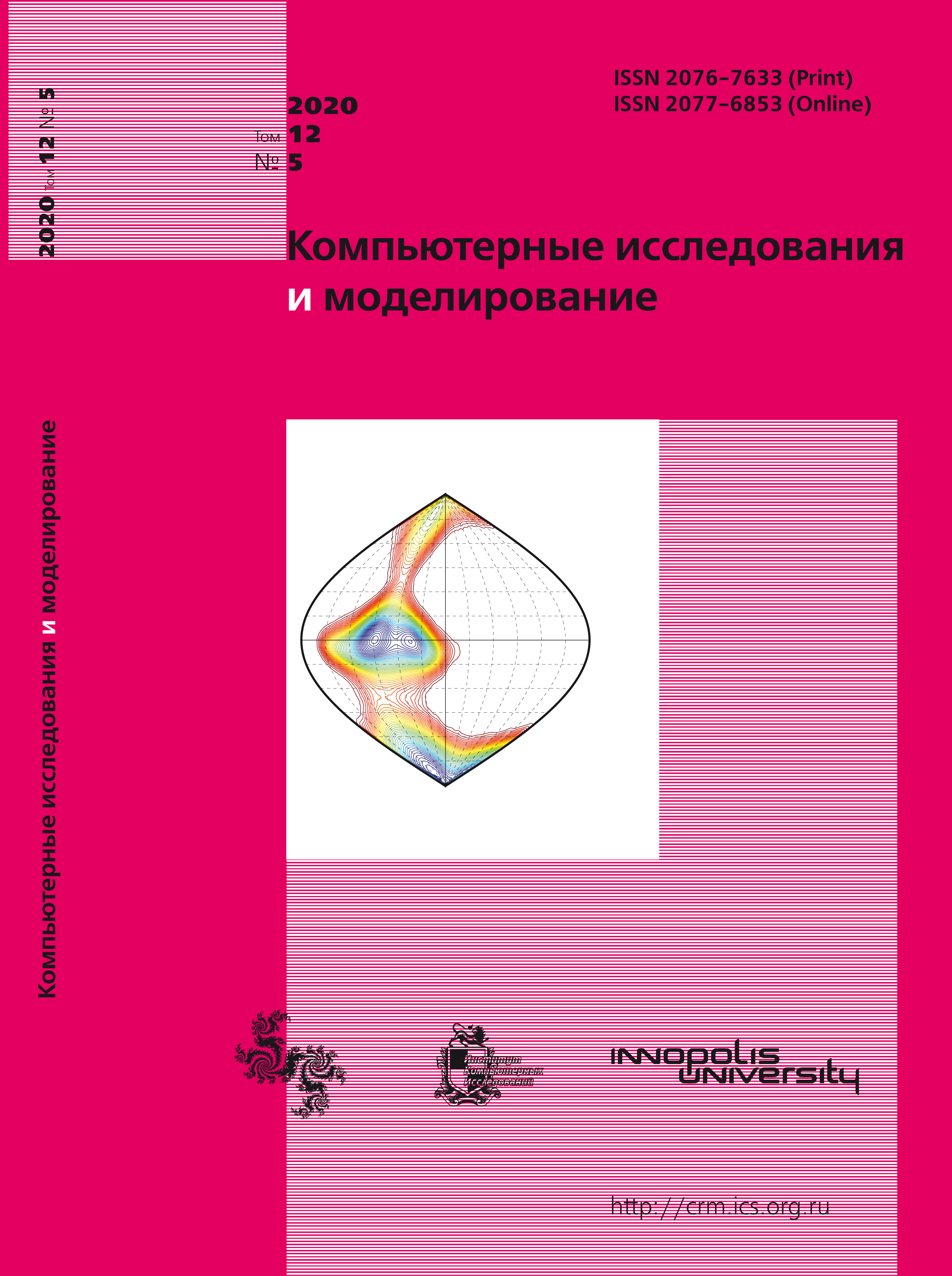All issues
- 2025 Vol. 17
- 2024 Vol. 16
- 2023 Vol. 15
- 2022 Vol. 14
- 2021 Vol. 13
- 2020 Vol. 12
- 2019 Vol. 11
- 2018 Vol. 10
- 2017 Vol. 9
- 2016 Vol. 8
- 2015 Vol. 7
- 2014 Vol. 6
- 2013 Vol. 5
- 2012 Vol. 4
- 2011 Vol. 3
- 2010 Vol. 2
- 2009 Vol. 1
Modeling of ballistics of an artillery shot taking into account the spatial distribution of parameters and backpressure
 pdf (7634K)
pdf (7634K)
The paper provides a comparative analysis of the results obtained by various approaches to modeling the process of artillery shot. In this connection, the main problem of internal ballistics and its particular case of the Lagrange problem are formulated in averaged parameters, where, within the framework of the assumptions of the thermodynamic approach, the distribution of pressure and gas velocity over the projectile space for a channel of variable cross section is taken into account for the first time. The statement of the Lagrange problem is also presented in the framework of the gas-dynamic approach, taking into account the spatial (one-dimensional and two-dimensional axisymmetric) changes in the characteristics of the ballistic process. The control volume method is used to numerically solve the system of Euler gas-dynamic equations. Gas parameters at the boundaries of control volumes are determined using a selfsimilar solution to the Riemann problem. Based on the Godunov method, a modification of the Osher scheme is proposed, which allows to implement a numerical calculation algorithm with a second order of accuracy in coordinate and time. The solutions obtained in the framework of the thermodynamic and gas-dynamic approaches are compared for various loading parameters. The effect of projectile mass and chamber broadening on the distribution of the ballistic parameters of the shot and the dynamics of the projectile motion was studied. It is shown that the thermodynamic approach, in comparison with the gas-dynamic approach, leads to a systematic overestimation of the estimated muzzle velocity of the projectile in the entire range of parameters studied, while the difference in muzzle velocity can reach 35%. At the same time, the discrepancy between the results obtained in the framework of one-dimensional and two-dimensional gas-dynamic models of the shot in the same range of change in parameters is not more than 1.3%.
A spatial gas-dynamic formulation of the backpressure problem is given, which describes the change in pressure in front of an accelerating projectile as it moves along the barrel channel. It is shown that accounting the projectile’s front, considered in the two-dimensional axisymmetric formulation of the problem, leads to a significant difference in the pressure fields behind the front of the shock wave, compared with the solution in the framework of the onedimensional formulation of the problem, where the projectile’s front is not possible to account. It is concluded that this can significantly affect the results of modeling ballistics of a shot at high shooting velocities.
Copyright © 2020 Rusyak I.G., Tenenev V.A.
Indexed in Scopus
Full-text version of the journal is also available on the web site of the scientific electronic library eLIBRARY.RU
The journal is included in the Russian Science Citation Index
The journal is included in the RSCI
International Interdisciplinary Conference "Mathematics. Computing. Education"






